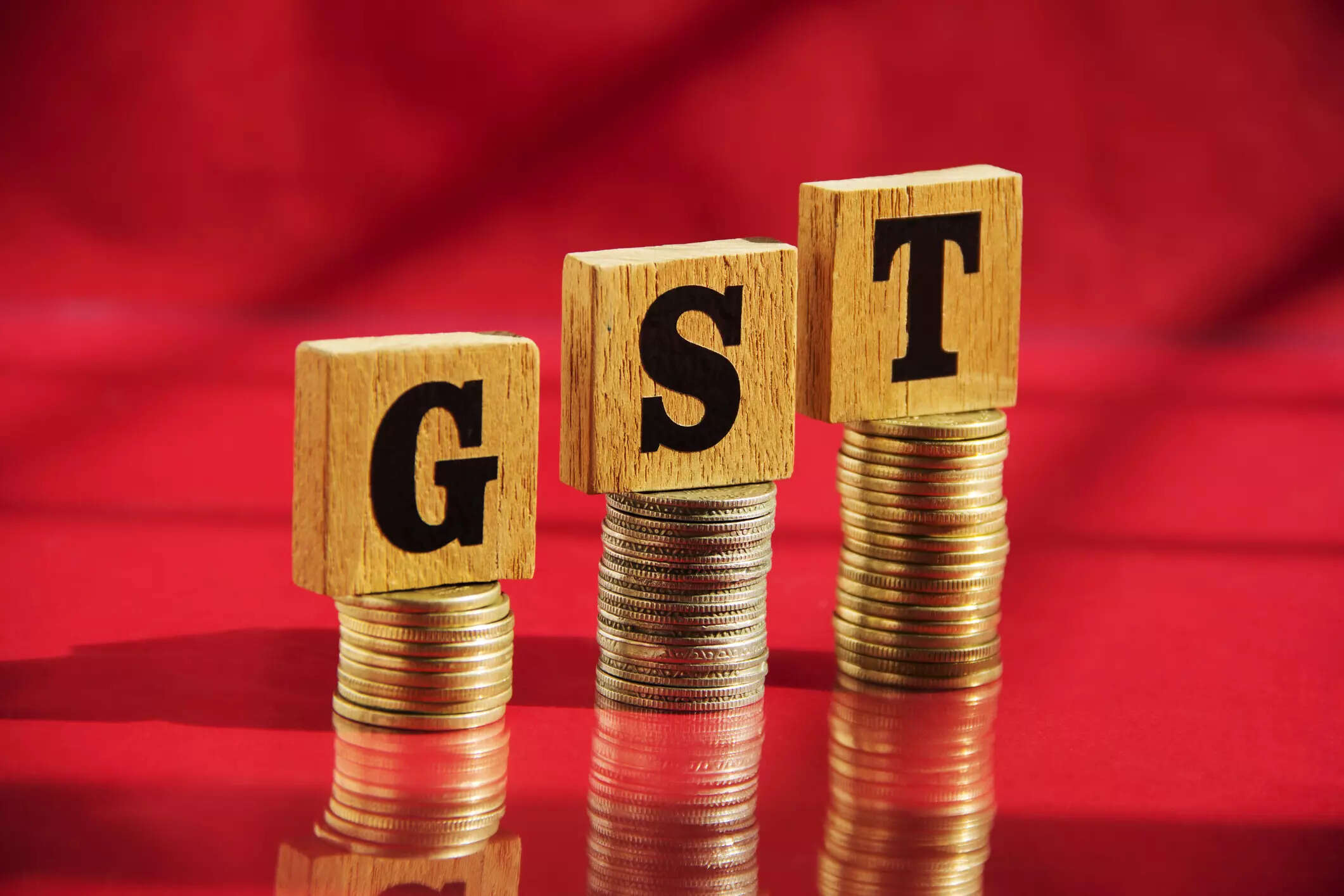Major Financial Changes from April 1st: What You Need to Know
April 1st marks the beginning of a new financial year in India, bringing several significant changes across taxation, banking, UPI transactions, and investment rules. These changes will impact salaried individuals, business owners, and investors alike. Let’s dive into the key updates:
1. Income Tax Slabs and Deductions
Finance Minister Nirmala Sitharaman had introduced major tax reforms in this year’s budget, which are now coming into effect:
- Tax-free income limit increased: The basic exemption limit has been raised from ₹5 lakh to ₹7 lakh under the new tax regime.
- Standard deduction increased: Salaried individuals will now get a standard deduction of ₹75,000 (earlier ₹50,000), reducing taxable income.
- New tax regime is the default: If you wish to continue with the old tax regime (which allows various deductions like HRA, 80C, etc.), you must opt for it explicitly. Otherwise, the new regime will be automatically applied.
This move is expected to benefit the middle class, encouraging spending and boosting economic growth.
2. PAN-Aadhaar Linking Deadline Over
The deadline for linking PAN with Aadhaar ended on March 31st. If you haven’t linked them yet:
- Your PAN may become inactive.
- You won’t be able to file an Income Tax Return (ITR) or claim TDS refunds.
- Dividend payouts, mutual fund transactions, and Demat account operations could be blocked.
- You can still link them now, but a ₹1,000 penalty applies.
3. UPI Security Update
With digital transactions rising, fraud risks have also increased. To counter this:
- Mobile number verification: If your UPI is linked to an old phone number that is no longer active, update it immediately. Telecom companies will deactivate unused numbers, and any UPI ID linked to such numbers may stop working.
- This prevents fraud cases where an old number gets reassigned, and someone else gains access to linked accounts.
4. New Pension Scheme (NPS) vs. Unified Pension System
The government has introduced a Unified Pension Scheme for central government employees with over 25 years of service.
- Pension Calculation: Fixed pension based on the last 12 months' basic salary, ensuring better predictability.
- Minimum guaranteed pension of ₹10,000, regardless of past salary.
- Employees can still choose the market-linked New Pension Scheme (NPS) if they prefer higher but variable returns.
5. Mandatory KYC for Mutual Funds and Demat Accounts
- SEBI has made full KYC (Know Your Customer) mandatory for all mutual fund and Demat account holders.
- Investors must nominate a beneficiary or explicitly opt out of nomination to avoid account freezing.
6. Positive Pay System for Cheques (PPS)
To prevent cheque fraud, the RBI has mandated the Positive Pay System for cheques above ₹50,000.
- You must pre-register cheque details (amount, date, recipient) with the bank before the payee deposits it.
- Banks will verify the details before clearing the cheque.
7. GST Rule Updates
- Multi-factor authentication (MFA) is now mandatory for GST portal logins, enhancing security.
- E-way bill generation restricted: Bills older than 180 days can no longer be used to generate an e-way bill for goods transportation.
- Higher GST for 5-star hotel restaurants: If a restaurant is inside a hotel where rooms cost above ₹5,000 per night, the GST on food bills will now be 18% instead of 5%.
8. Minimum Balance Requirement in Banks
Banks have revised their minimum balance rules:
- SBI: ₹3,000 (Metro & Urban)
- PNB: ₹3,500
- Bank of Baroda: ₹4,000
- Rural and semi-urban branch requirements are lower.
- Failing to maintain the balance may lead to penalty charges of ₹10 to ₹1,000, depending on the bank.
9. Highway Toll Price Hike
- NHAI has increased toll charges on major highways, including Lucknow-Kanpur, Varanasi-Gorakhpur, and Lucknow-Ayodhya expressways.
- The average increase is around 5%.
10. LPG Cylinder Price Changes
- No change in domestic LPG (cooking gas) prices.
- Commercial LPG (19 kg cylinder) reduced by ₹30, benefiting restaurants and businesses.
11. Home Loan Borrowers Get Priority Sector Benefits
- RBI has expanded the Priority Sector Lending (PSL) limits for housing loans:
- Cities with over 50 lakh population: Home loans up to ₹50 lakh now qualify as priority lending.
- Cities with 10–50 lakh population: Limit increased to ₹45 lakh.
- Smaller towns: Loans up to ₹35 lakh included in PSL.
- This makes home loans easier to access as banks are required to allocate 40% of their lending to priority sectors.
12. Credit Card Reward Program Changes
- SBI and Axis Bank have changed their Vistara credit card reward structures after Air India’s merger.
- Some cards may be discontinued or converted into different reward programs.
These changes will impact millions of Indians, from salaried professionals to business owners. It’s crucial to stay updated and make financial decisions accordingly.
Let me know in the comments: Which of these changes affects you the most? 🚀






